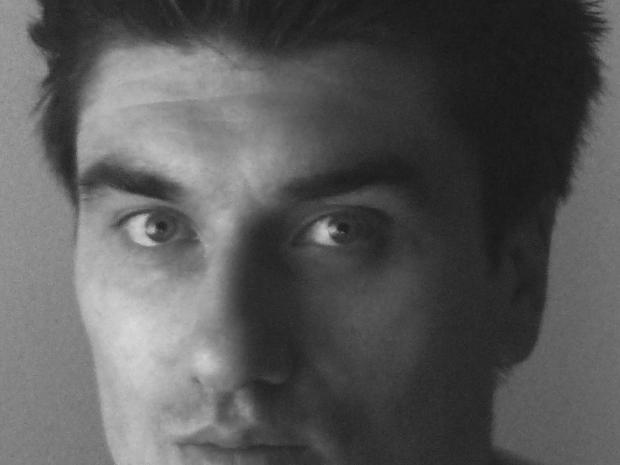Modelling and Control of a Class of Bio-inspired Slender Mechanisms for Exploration and Sensing in Unstructured Environments

Mechanical and Aerospace Engineering
Department Seminar Series
5/22 (Friday) Noon – 1:00 pm RH202
________________________________________
Modelling and control of a class of bio-inspired slender mechanisms for exploration and sensing in unstructured environments
Dr. Davide Spinello
Department of Mechanical Engineering
University of Ottawa, Canada
Multi segment and flexible slender robots are often inspired by biological characteristics in living organisms with hyper-redundant morphologies as for example millipedes, and find application in several fields such as health, industrial smart health monitoring, energy and energy harvesting, to name a few. Millipedes morphology and locomotion mechanics define their high adaptability to different terrains and substrates.
With the intent of capturing salient features of millipedes locomotion mechanics, the model of a class continuous mobile slender mechanisms is presented. Rigid body degrees of freedom and deformability of the system are coupled through a Lagrangian weak formulation that includes control inputs to achieve forward locomotion and shape tracking. The forward locomotion and the shape tracking force feedback inputs are exerted through the coupling with a substrate that models a generic environment in which the mechanism could be deployed. Additionally, by including the coupling with a deformable evolving substrate, a sensor model to estimate material response parameters from displacement measurements is presented. Current and future hardware implementations target applications in the field of nondestructive testing and monitoring, and in biomedical engineering with diagnosis tools based on sensing of material properties of living tissues.
________________________________________
Biosketch
Davide Spinello received the B.Sc. and the Laurea degree in Environmental Engineering from the University of Rome “La Sapienza” in 2001 and 2005, respectively, and the PhD. in Engineering Mechanics from Virginia Tech in 2006. From January 2007 to July 2009 he has been a Postdoctoral Fellow in the Autonomous Systems and Control Laboratory at Virginia Tech. In September 2009 he joined the Department of Mechanical Engineering at the University of Ottawa, where he teaches courses on control, dynamical systems, and continuum mechanics. His research interests include cooperative and distributed control and estimation, dynamical systems, continuum mechanics and distributed parameter systems, micro- and nanoelectromechanical systems, multi-physics systems, and numerical methods.

